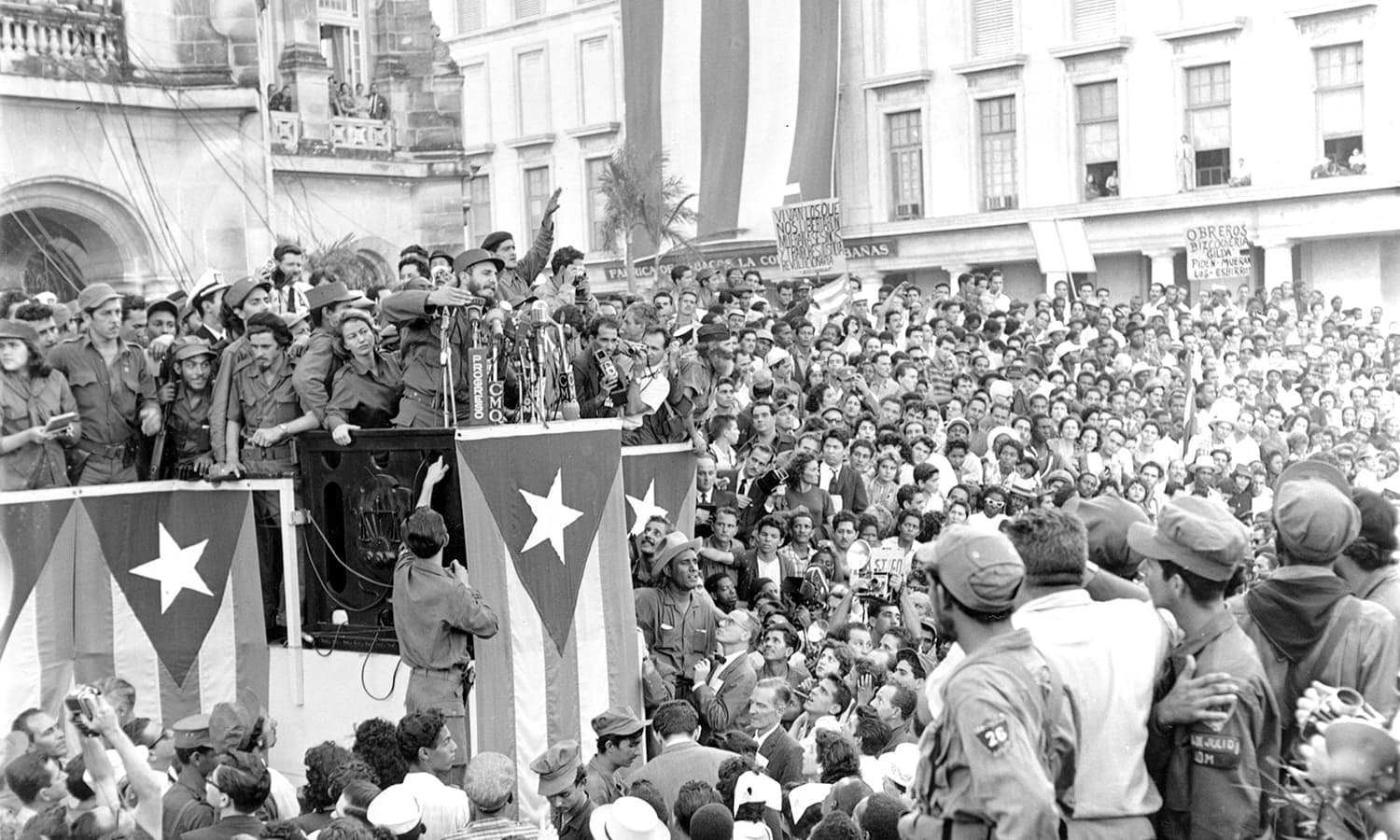By Fernando Ravsberg, Havana Times, November 24, 2016

Photo: Raquel Perez Diaz
HAVANA TIMES — “Laws are rather the positive, clear, universal norms in which freedom has acquired an impersonal, theoretical existence independent of the arbitrariness of the individual.” (**) This idea wasn´t communicated by a “bourgeois” philosopher but by Karl Marx.
It comes from the father of socialism, whose theory feeds the social, political and economic system in Cuba. In spite of this though, Cuban society isn’t always governed by the law, partly because there are very few laws and those that do exist are voided, a lot of the time, by “notices” and “resolutions”.
For decades, Cuban laws have been “adapted” to political needs in certain situations. Thus things like Cubans being forbidden from staying in tourist hotels took hold, without taking into the account the fact that such a measure literally violated an article in the Republic’s Constitution.
With the reforms set out by Raul Castro’s government, the situation has gotten worse insofar as these changes weren’t accompanied by a legal framework that would warrant laws, procedures, restrictions, duties, rights and legal security.

Independent producers and filmmakers have been demanding laws that the government never seem to end up approving, for years. Photo: Raquel Perez Diaz
But there are more than enough “resolutions” that establish the precise number of chairs a restaurant can have and ban the use of the word “hostel” on hostel signboards. They thereby prove Montesquieu’s maxim when he claimed that “Useless laws weaken the necessary laws.”
And it’s true, this level of “legal” detail doesn’t exist in the things that really matter. Self-employed workers were allowed to hire their own personnel knowing that the Constitution explicitly forbids this, classifying this mechanism as exploitation of man by man.
Thousands of small private businesses have been opened without any legal protection. They operate under the umbrella of self-employed work, which puts business owners and their employees in the same group. They even wanted to create an innovative “classist mix”, bringing owners and workers together in the same union branch.
Employees at these private businesses are completely unprotected. There are no laws that force their bosses to respect their contracts, regulate their rights in layoffs, that sets out the number of hours in a working day, or that guarantees holidays or maternity leave.
The numerous changes that are taking place in Cuba need a legion of lawyers working on creating their legal framework. This must start with the Constitution and then follow up with complementary laws, which are the ones that ensure that these will actually be applied.
A given reforms might be necessary and fair but it aren’t coming with the corresponding legislation. For example, there isn’t a film industry law that lays down rules for the work of independent filmmakers, even though these are the people who are making half of the country’s film productions.
The number of “alternative” media platforms on the internet is increasing and yet we continue without a press law that regulates activity, setting out their duties and rights. Media is handled with verbal commands and, when that’s not enough, somebody is fired or the police intervene.
Marx assured us that without a press law, freedom of press can’t exist. “The absence of press legislation must be regarded as an exclusion of freedom of the press from the sphere of legal freedom, for legally recognized freedom exists in the state as law,” (**) he explained.

Laws aren´t being respected as is made clear by these guaracheras dressed up in the Cuban flag, which is explicitly forbidden. Photo: Raquel Perez Diaz
Using the flag as clothing is legally forbidden (1), in spite of the fact that the first US cruise ship was received by dancers dressed up in the Cuban flag and it was also the uniform used by athletes at the Rio de Janeiro Olympic games.
The existence, validity and respect of laws transform citizens into equals, no matter what the responsibility, financial situation or IQ of every individual is. Of course there will always be some people who are more equal than others but without laws, this tendency worsens.
Cuban reforms need this legal framework, which shouldn’t be a problem given the fact that the majority of the population approves these changes. However, years are passing by and the numbers of changes are increasing without them being reflected in the Constitution or laws.
The father of socialism understood that law is the only support a citizen has to limit the authority of public officials, influence of the wealthy or the power of the powerful and that’s why he claimed that “a statute-book is a people’s bible of freedom.”
——
Notes:
*Cicerón (106 AC-43 AC) Escritor, orador y político romano.
** (MARX,K. “Debatten über Preßfreiheit und Publikation der Landständischen Verhandlungen”, Rhenische Zeitung, 12 mai 1842 [MEW, Vol. I].)




